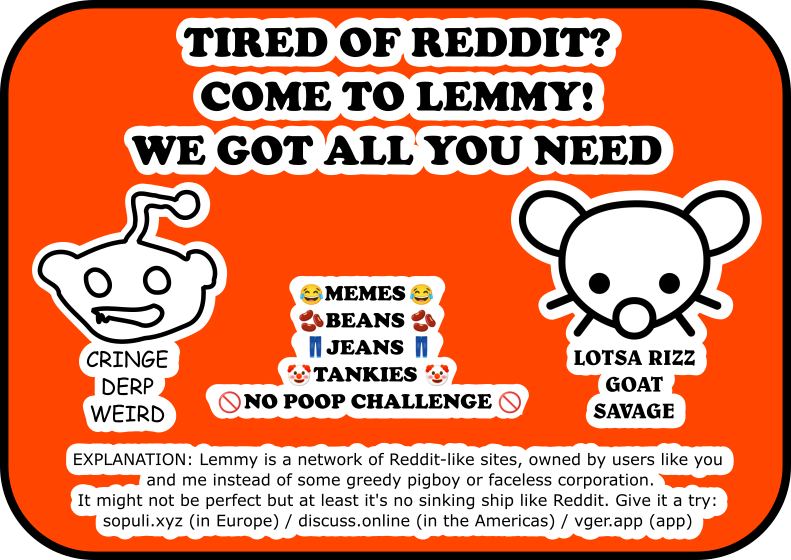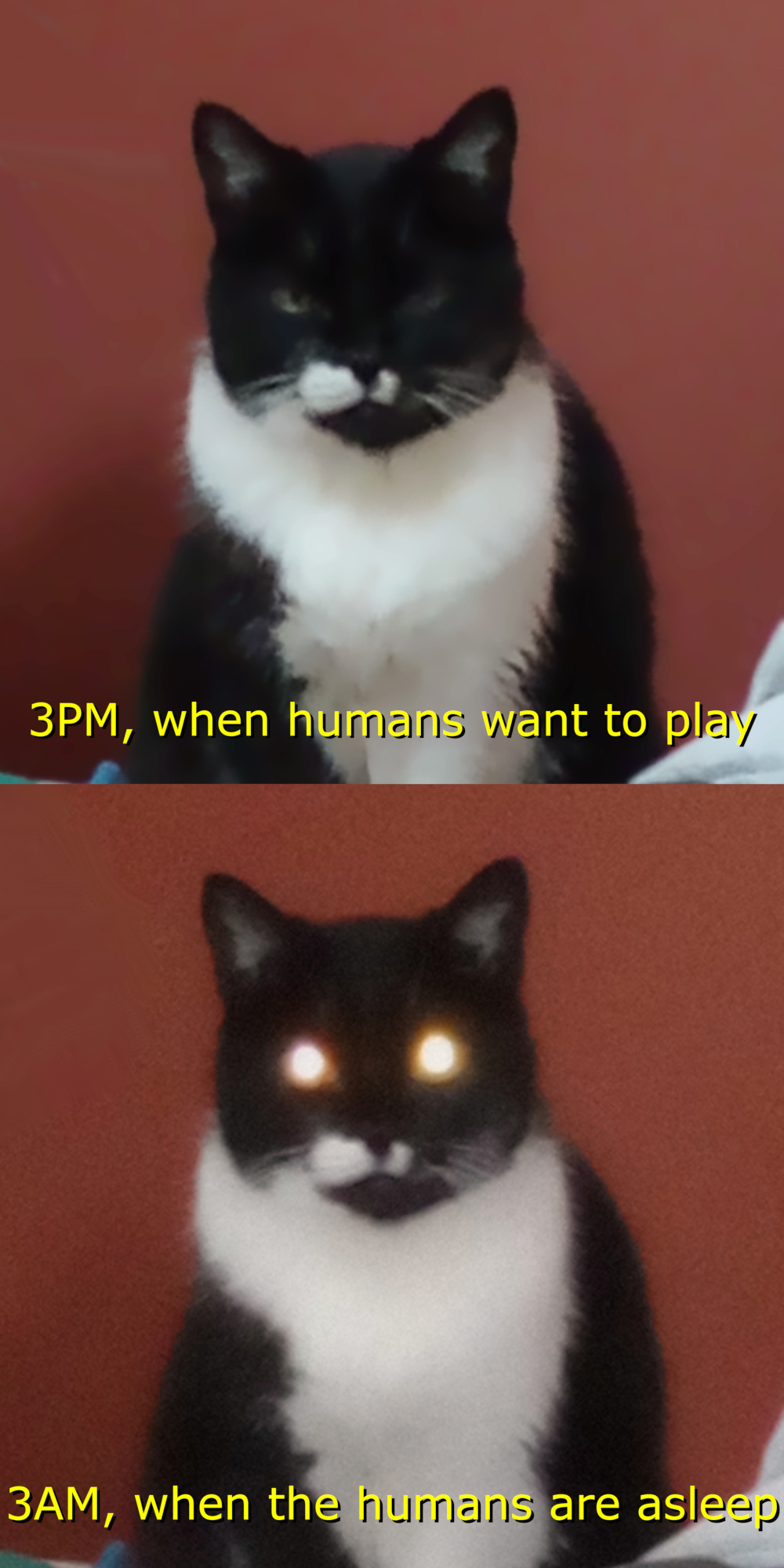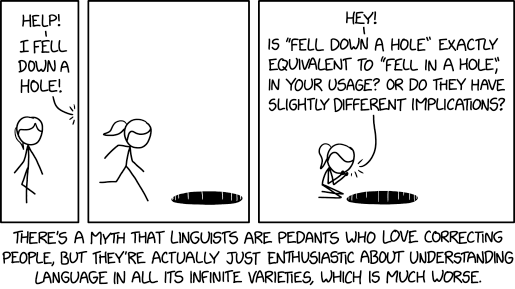[Idea] If you don't want to see huge flags taking space over actual drawings in the Canvas, pick the biggest flag that you can find to deface.
As long as a lot of people are doing that, the ones templating larger flags will be forced to reduce their layouts and give more room for actual drawings.
[Reasoning] When it comes to country flags, I think that the immense majority of the users can be split into four groups:
- The ones who don't want to see country flags at all.
- The ones who are OK with smaller flags, but don't want to see larger ones.
- The ones who want to see a specific large flag taking a huge chunk of space.
- The ones who want to see the whole canvas burning, like the void.
I'm myself firmly rooted into #1, but this idea is a compromise between #1, #2 and #4.
Typically #3 uses numbers (and/or bots) to seize a huge chunk of the canvas to their flags. Well, let's use numbers against it then. As long as #1, #2 and #4 are trying to wreck the same flag, we win.
[inb4]
But what about identity flags?
Not a problem. They're typically bands instead of thick squares, and people drawing them are fairly accommodating.
But what about [insert another thing]
Even if [thing] is a problem, it's probably minor in comparison with huge country flags.
What should be the template?
None. We don't need one, as long as everyone is working against the same large flag.
Just draw something of your choice over the flag, preferably over its iconic features.
But I'm not creative enough for that!
No matter how shitty your drawing is, it's probably still way more original than a country flag. So don't feel discouraged.
That said, you can always help someone else with their drawing. Or plop in some text. Or just void.
Why are you posting this now, you bloody Slowpoke?
I wish that I thought about this before Canvas 2024. But better later than never. (And better early by a year for Canvas 2025.)
EDIT: addressing on general grounds some whining from group #3 (the ones who want to see a specific large flag taking a huge chunk of the canvas space).
You do realise that this sort of "war against the largest flag" should benefit even you, as long as the biggest flag is not the one you're working with, right? Even for you, this makes the canvas a more even level field. Let us not forget that you love to cover other flags with your own.








That's possible. Thinking on it, maybe you're right and we need walls against both. Even then I think the main issue is commerce, not AI itself.
My take would be a federation of simple web pages, using a new markup format (more complex than gemtext, but still way simpler than HTML+CSS), and where people were collectively able to kick hostile entities out. I'm not sure on how to do it, though, specially in a way that wouldn't be weak against Sybil attacks.